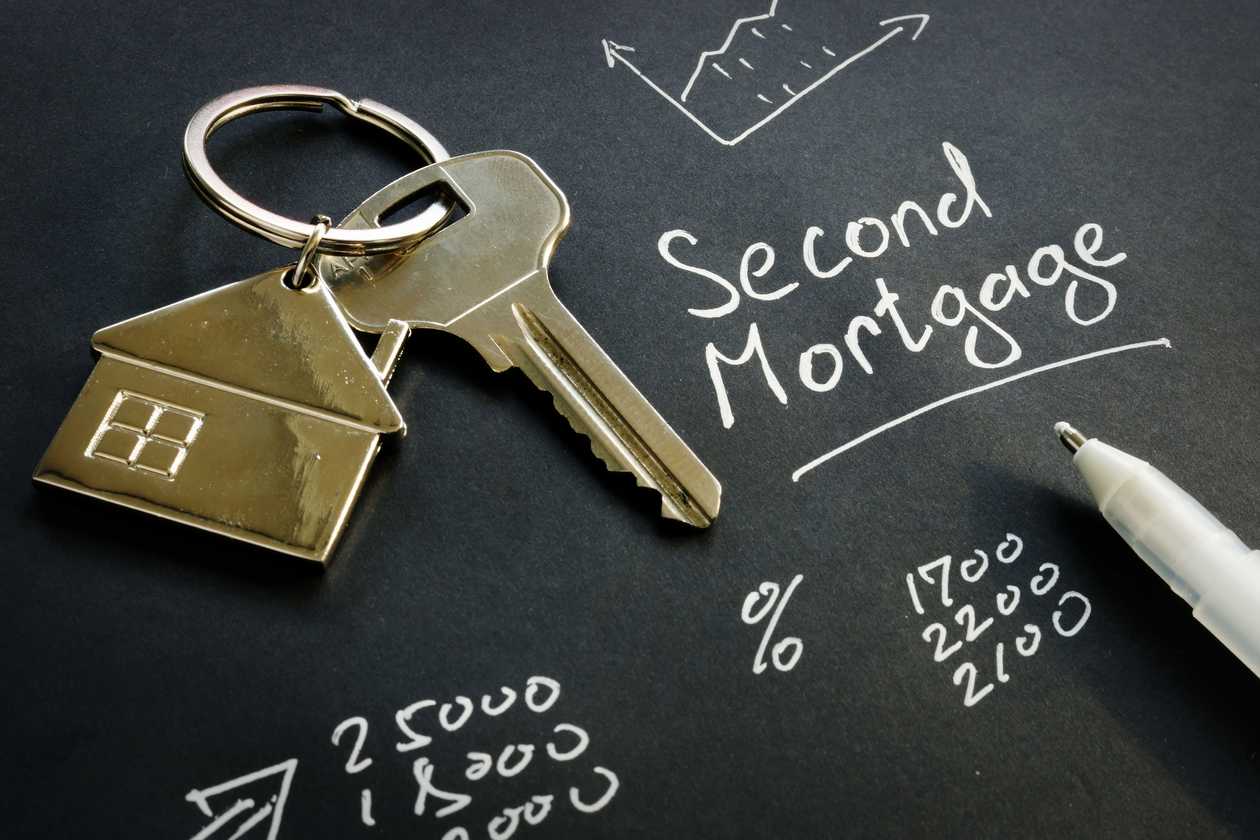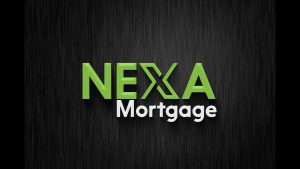Introduction:
In the world of personal finance, homeowners often have various options for borrowing money against the value of their property. One such option is a second charge mortgage, a second mortgage, or a homeowner loan. This financial product allows homeowners to access additional funds while keeping their existing mortgage intact. This article will delve into the details of second-charge mortgages, exploring how they work, their benefits, and potential considerations.

What is a Second Charge Mortgage?
A second charge mortgage is a loan secured against your property, where the lender takes a second legal charge on your home. It allows homeowners to borrow money while keeping their primary mortgage unaffected. The amount borrowed is usually based on the available equity in the property, which is
How Does a Second Charge Mortgage Work?
To obtain a second charge mortgage, homeowners must have sufficient equity in their property and demonstrate their ability to meet the repayments. The lender will conduct a thorough assessment of the applicant’s financial situation, credit history, and the value of the property. The loan amount is determined based on these factors, and the interest rate is typically higher than that of the primary mortgage, reflecting the increased risk to the lender.
Benefits of Second Charge Mortgages:
- Flexibility: Second-charge mortgages offer homeowners greater flexibility in borrowing money. The funds can be used for various purposes, such as home improvements, debt consolidation, education expenses, or other personal financial needs.
- Lower interest rates: Compared to unsecured personal loans or credit cards, second-charge mortgages tend to have lower interest rates due to the security provided by the property. This can result in significant cost savings over the loan term.
- Retaining existing mortgage terms: With a second charge mortgage, homeowners can maintain their primary mortgage’s terms and interest rate, avoiding potential penalties or the need to remortgage.
- Access to larger sums: Second charge mortgages generally allow homeowners to borrow larger amounts than unsecured loans, as they are based on the available equity in the property.
Considerations and Risks:
While second charge mortgages can be advantageous, it’s essential to consider the following factors:
- Increased debt burden: Taking on additional borrowing means increasing overall debt. Borrowers must carefully evaluate their financial situation and comfortably manage the additional repayments.
- Potential loss of property: In the event of default, the second charge recovers the outstanding loan balance. This risk underscores the importance of responsible borrowing and understanding the financial implications.
- Higher interest rates: Second charge mortgages often come with higher interest rates than primary mortgages. Borrowers should consider the long-term cost implications and explore alternative financing options if the interest rate difference is substantial.
- Financial advice: Given the complexity of second charge mortgages, seeking professional advice from mortgage brokers or financial advisors is crucial. They can help borrowers understand the terms, compare offers from different lenders, and determine the best course of action based on individual circumstances.
More Related About:
Q: What is a second charge mortgage?
A: A second charge mortgage, or a second mortgage or homeowner loan, is a loan secured against your property where the lender takes a second legal charge on your home. It allows homeowners to borrow money while keeping their primary mortgage unaffected.
Q: How does a second-charge mortgage work?
A: To obtain a second-charge mortgage, homeowners must have sufficient equity in their property and demonstrate their ability to meet the repayments. The loan amount is based on factors such as the available equity in the property, the applicant’s financial situation, credit history, and the property’s value. The interest rate is typically higher than that of the primary mortgage.
Q: What are the benefits of a second-charge mortgage?
A: Some benefits of a second charge mortgage include:
- Flexibility in borrowing money for various purposes.
- Potentially lower interest rates compared to unsecured loans or credit cards.
- Retaining the current mortgage terms and interest rate.
- Access to larger sums of money based on the available equity in the property.
Q: What should I consider before getting a second charge mortgage?
A: Some considerations and risks to keep in mind include:
- Increased debt burden and ensure the ability to manage additional repayments.
- The risk of losing the property in case of default, as the second charge lender can repossess and sell the property.
- Higher interest rates compared to primary mortgages.
- The importance of seeking professional advice from mortgage brokers or financial advisors to fully understand the terms and compare offers from different lenders.
Q: Should I seek professional advice when considering a second-charge mortgage?
A: Professional advice from mortgage brokers or financial advisors is highly recommended. They can help you understand the terms, assess your circumstances, compare offers from different lenders, and guide you on the best course of action. Their expertise will ensure you make informed decisions regarding your second charge mortgage.
Conclusion:
Second charge mortgages can provide homeowners with an avenue to access additional funds while preserving the terms of their primary mortgage. However, evaluating the financial implications and considering the associated risks is vital. Seeking professional advice and comparing offers from different lenders will ensure borrowers make informed decisions regarding their second-charge mortgage. With the right approach, this financial tool can offer a viable solution for homeowners looking to borrow against their property’s equity.



1 thought on “A Comprehensive Guide to Second Charge Mortgages: 5 Key Insights You Need to Know”